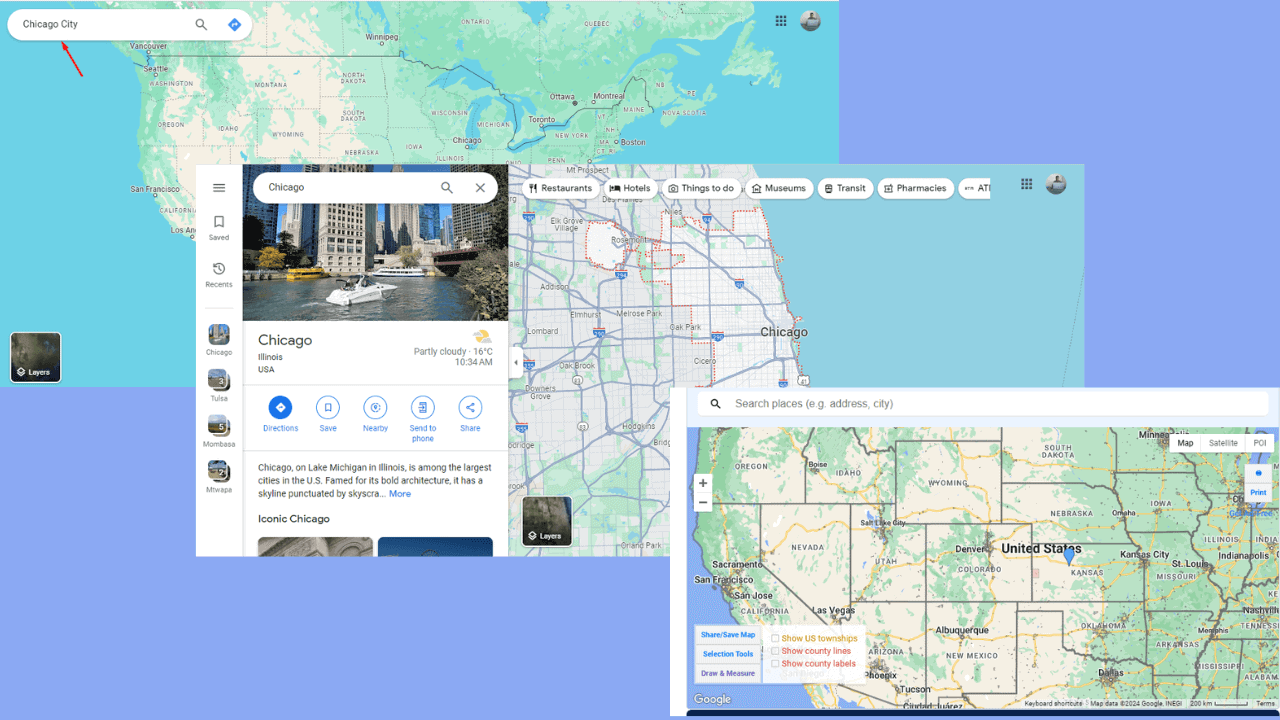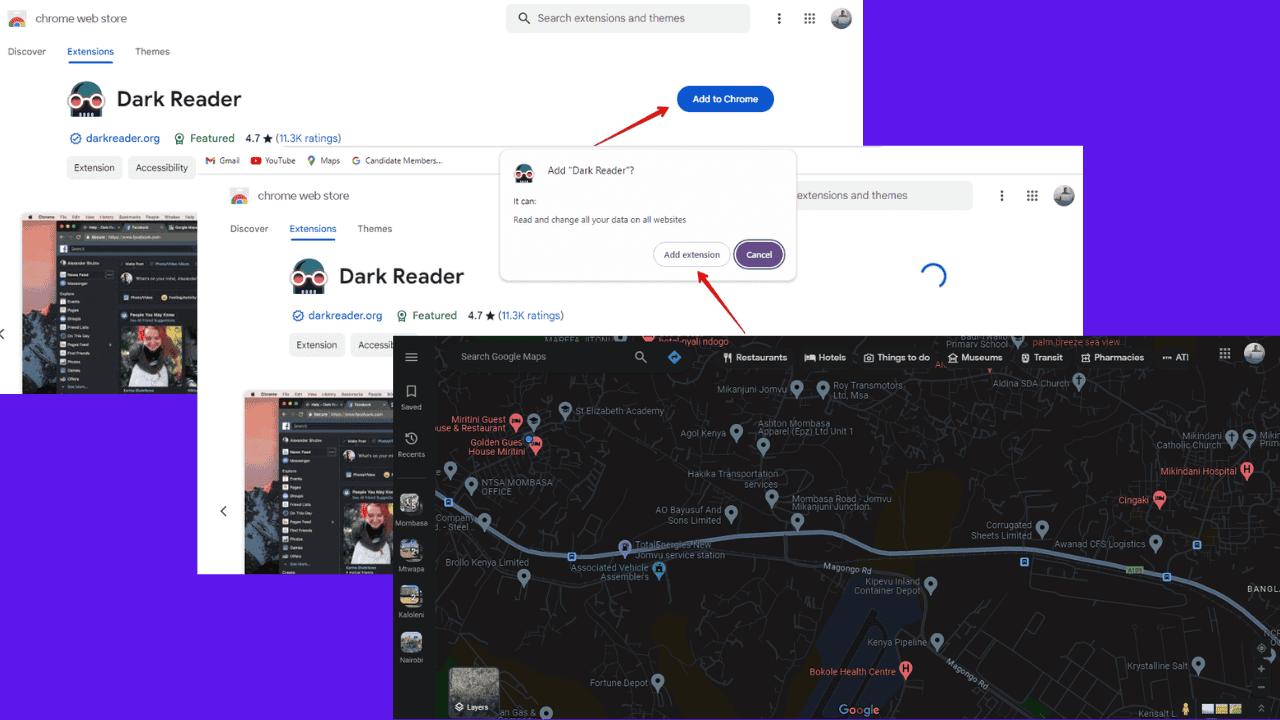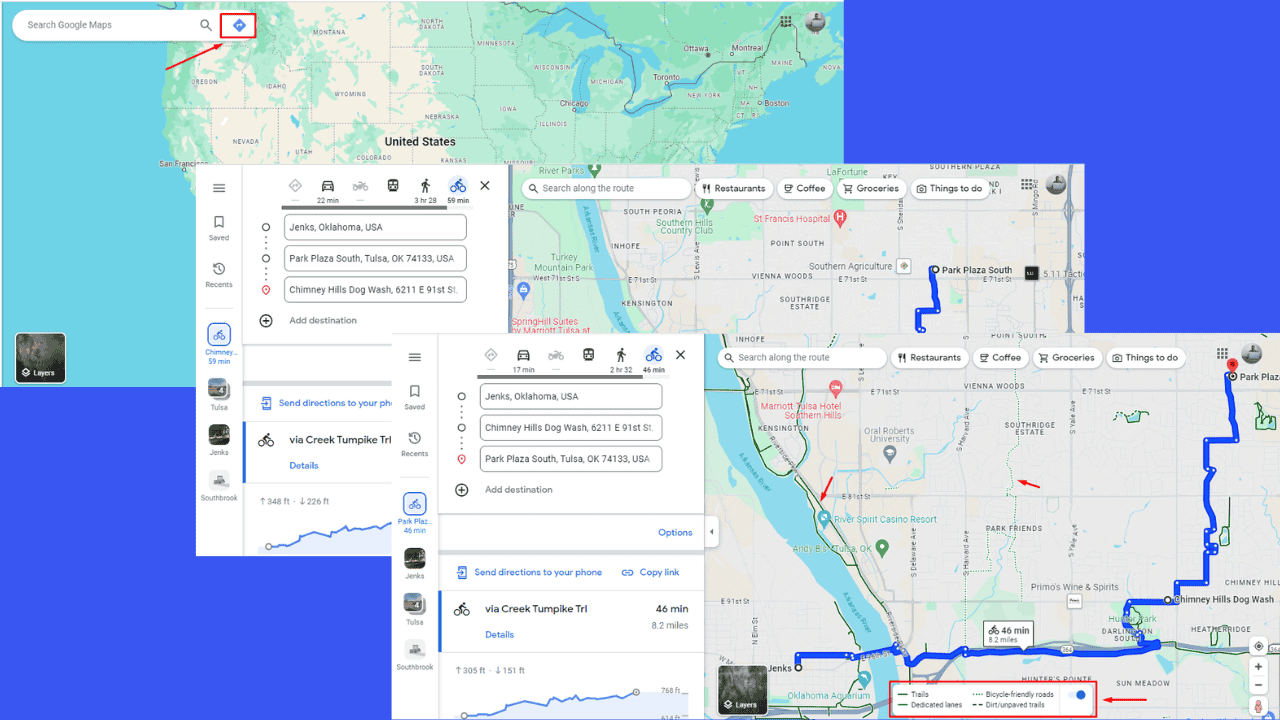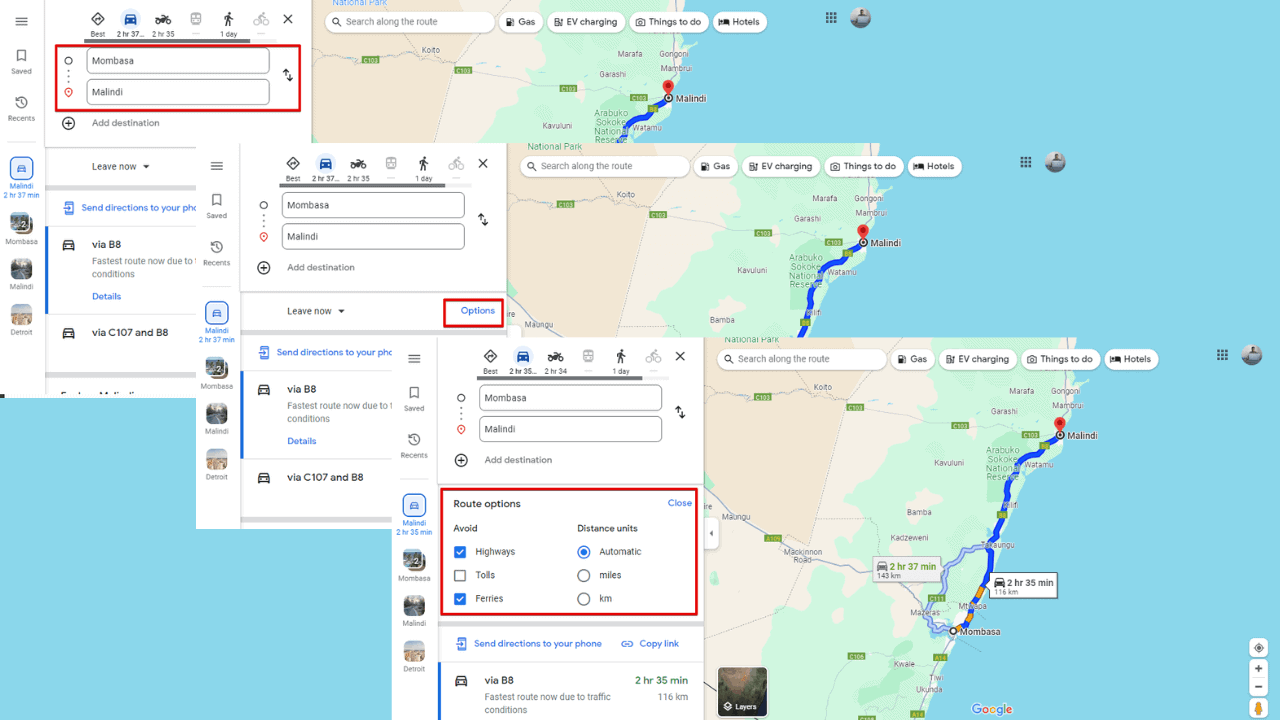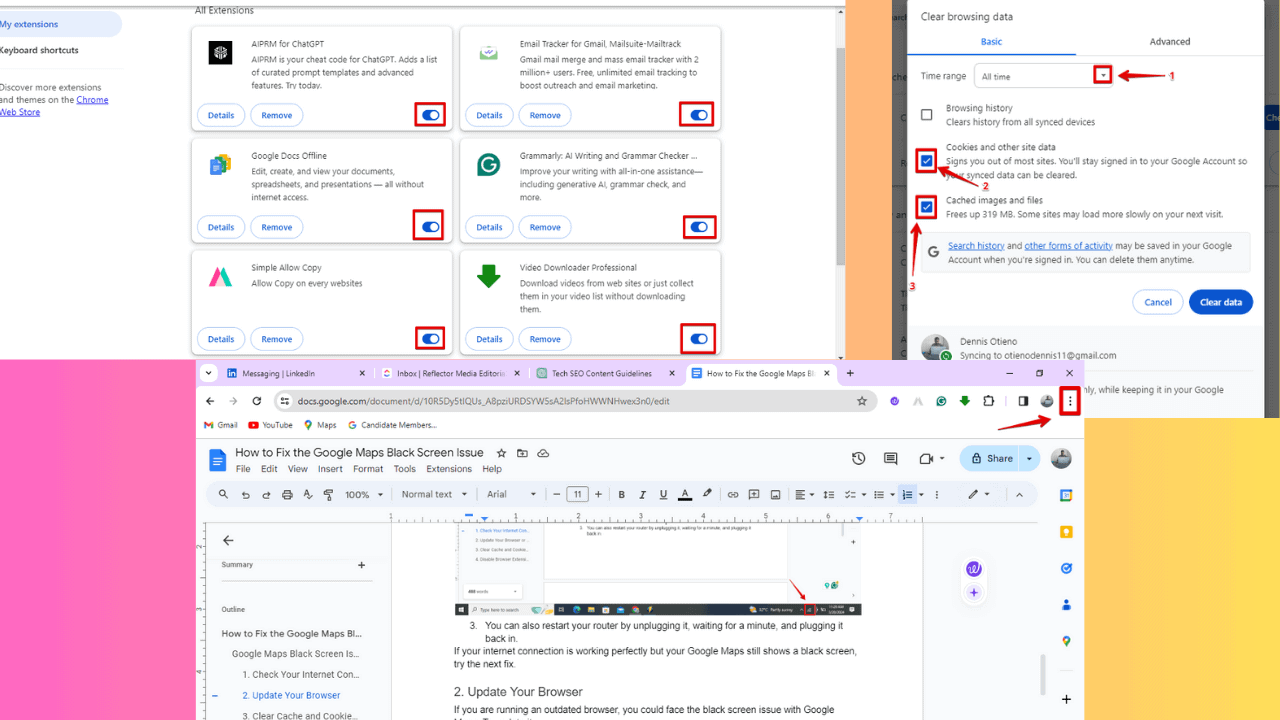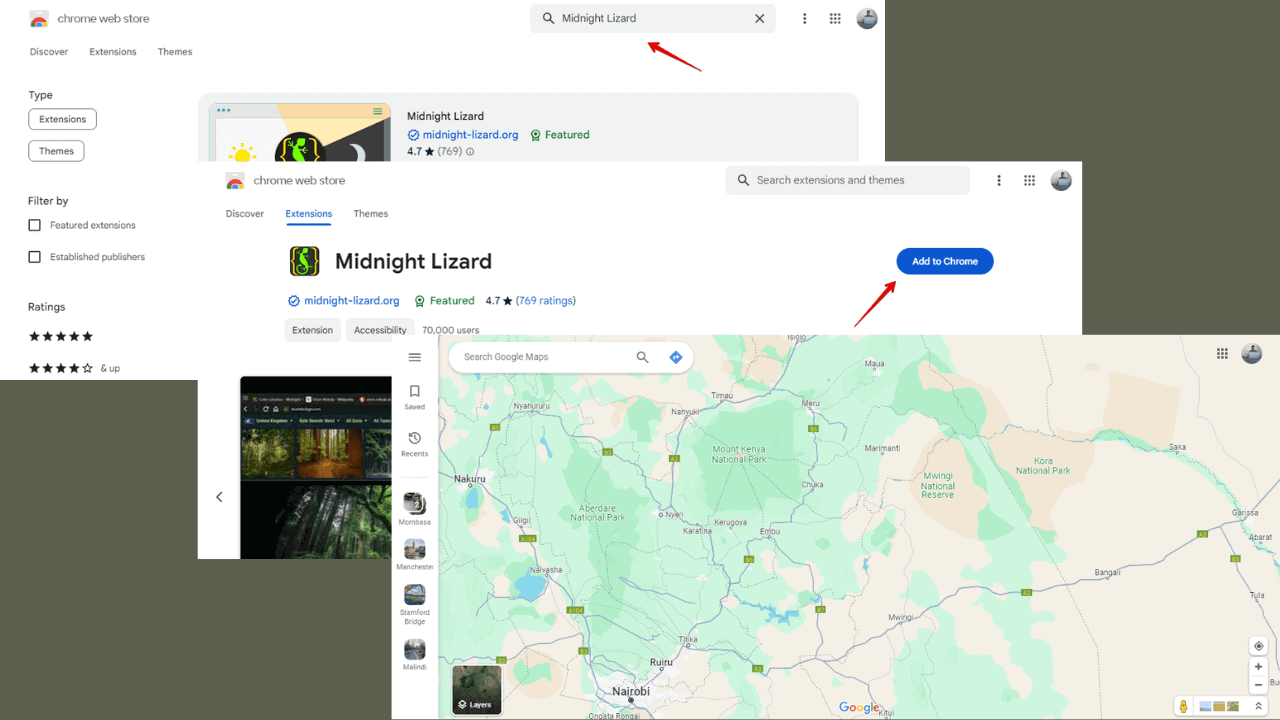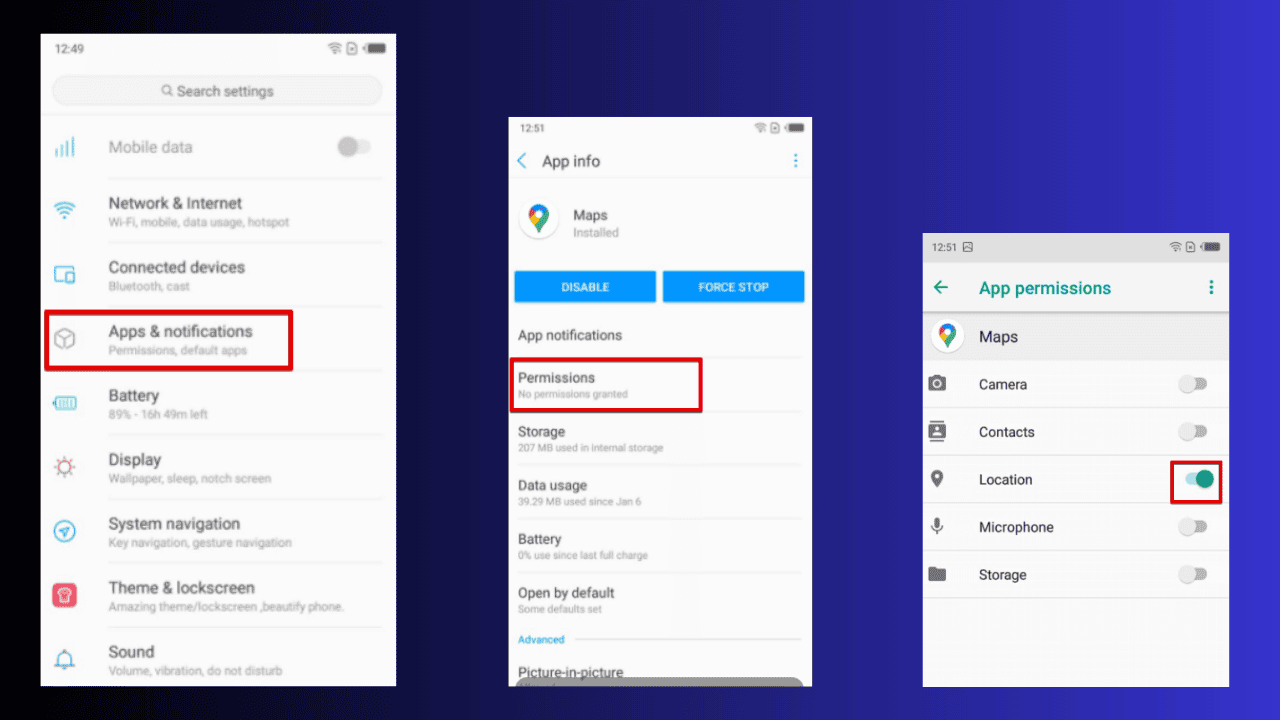Googles Chrome new autoplay system is causing some online games to break
1 min. read
Updated on
Read our disclosure page to find out how can you help MSPoweruser sustain the editorial team Read more
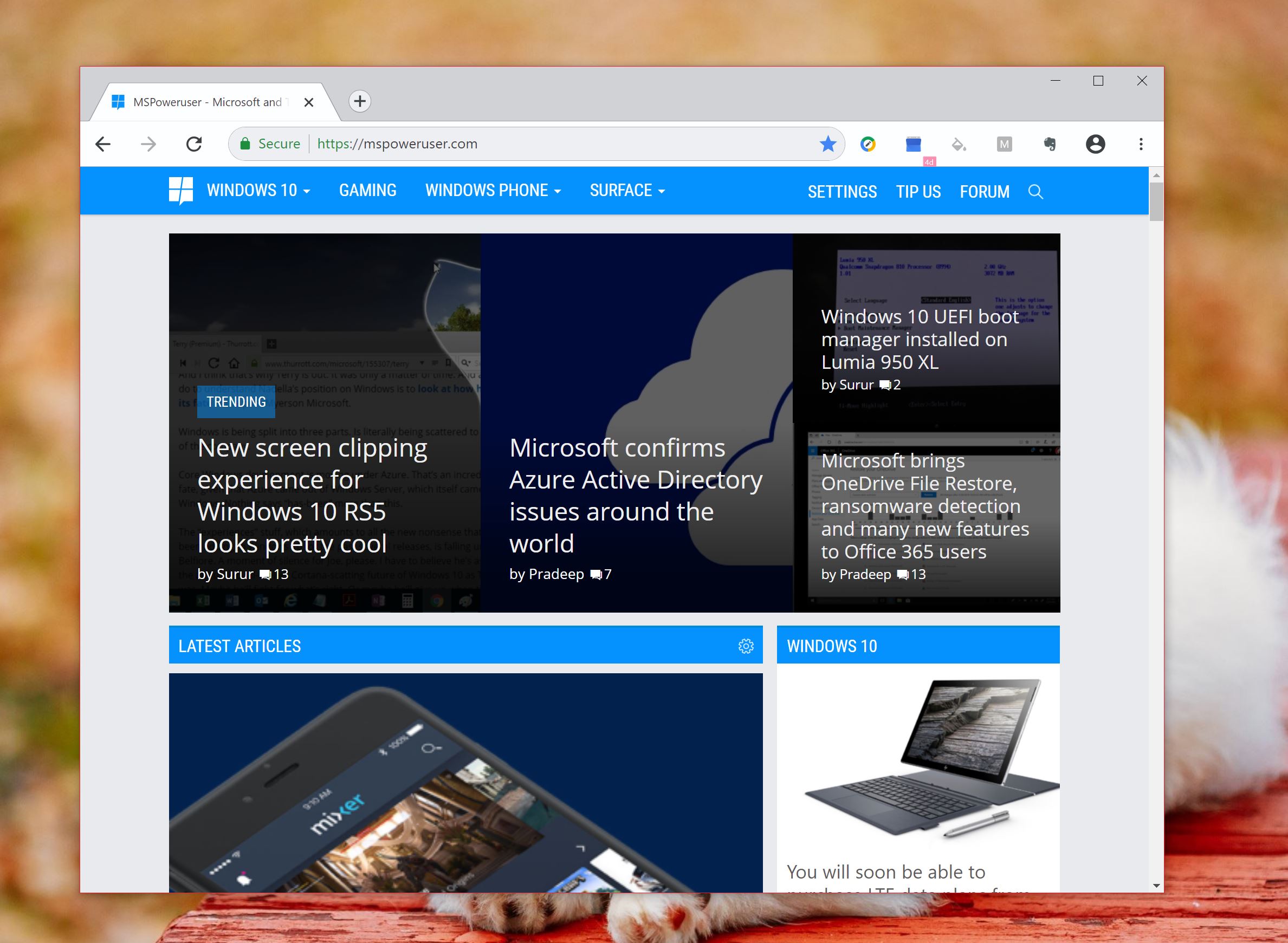
Google this month instituted a new auto-play policy which prevented media players from playing videos on web-sites without user interaction, or manual request.
While this change was clearly for the best (Stares at CNN’s website with eye daggers), the change has broken online games, causing them to not work due to Chrome’s audio-visual content filter blocking online games as well — oops.
Several developers have complained on Twitter about the new change, noting that they had filed requests to the Chrome team as far back as September 2017 with little response.
When this rolled out, several of my projects broke – and debugging the issue was/is *incredibly* painful, because guess what? Having the devtools open appeared to *sometimes* count as a user interaction. I was pretty stumped until i figured out how to reliably trigger the block
— Mara ?? (@coderobe) May 7, 2018
A very interesting thing about the policy is how it's carefully tailored in such a way it will not affect *Google's* audiovisual content site—YouTube—but *will* affect my site (https://t.co/z3QZrUzGd6). The Chrome autoplay now constitutes a market barrier to entry for AV content pic.twitter.com/b0dvN4a5uY
— @[email protected] (@mcclure111) May 7, 2018
“Chrome’s new autoplay policy is a disaster for games and audio art on the web, since anything that’s no longer in active development just wont play sound now.” Bennett Foddy noted on Twitter, “Nearly every Phaser/Unity/Pico8 game will be silenced. Their dev team invites feedback on the new policy at @ChromiumDev”
The Chrome team will most likely revise how its policy works with regards to online games, but we’ll have to see how it plays out over the next few Chromium releases. Other browsers will naturally work as normal.
Via Android Police

